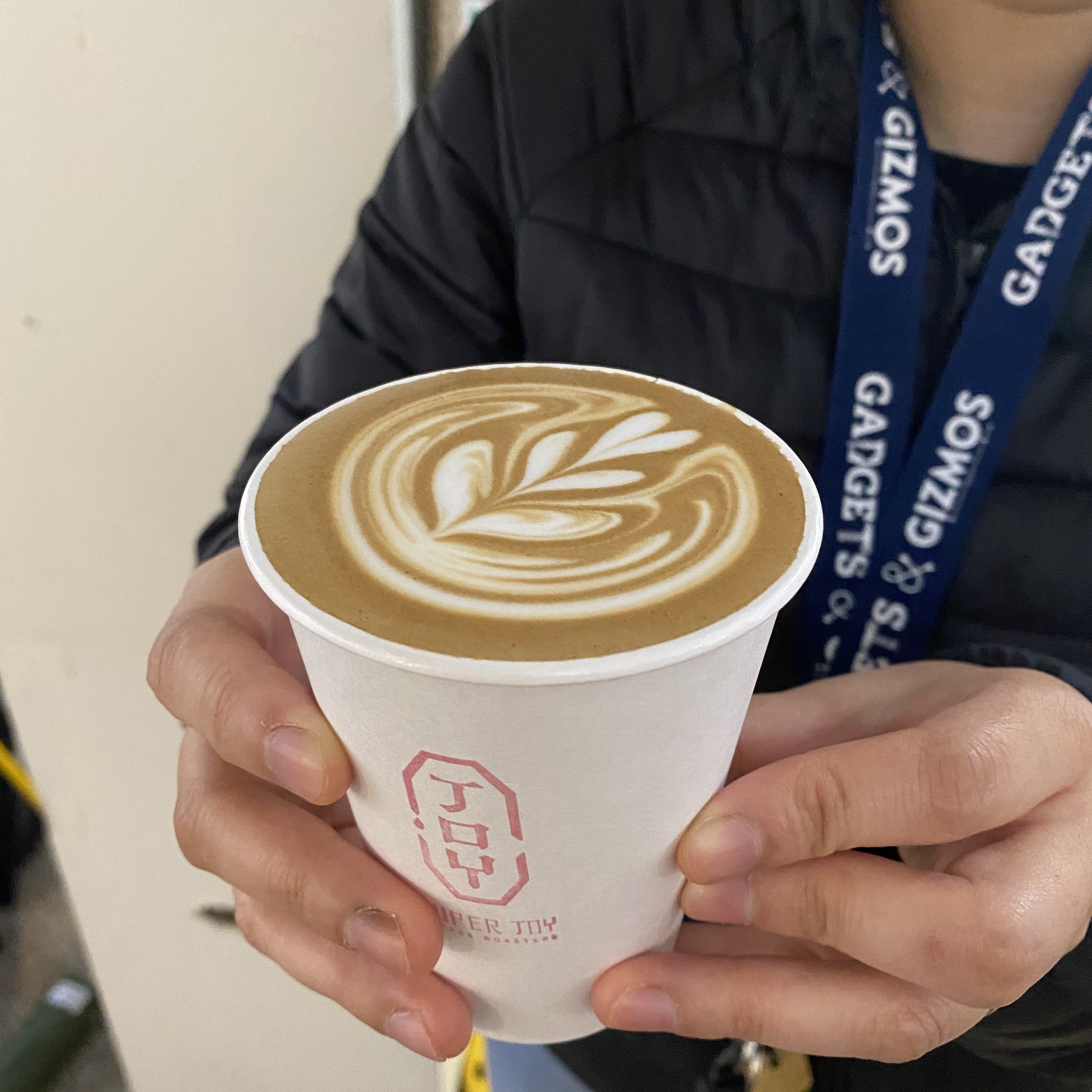
- Tea-growing Pu’er has become China’s coffee capital and, as well as supplying the mass market, is making inroads among roasters of speciality coffee beans
Yang Wenbo moved from Hefei, in China’s Anhui province, to the American city of Portland, Oregon, in 2016, with the goal of starting a coffee shop. By 2018, Yang had opened Super Joy, a block from Portland State University, offering speciality beans from a variety of regions, including his homeland.
“I sell coffee from China mostly because I’m Chinese,” says Yang, 35. “I want to bring something from my homeland to let people know and try. Everyone knows China is a tea country and that everyone drinks tea, but we have coffee, too.”
The rolling hills and high peaks of Yunnan province are famous for growing tea, that other globally beloved beverage. But Pu’er prefecture’s high mountains and temperate climate also provide the right growing conditions for arabica coffee.
China first started exporting coffee in the mid-1990s, with 58,000 60kg (132lb) bags in 1994-95. By 2019, commercial and speciality coffees from Yunnan were being exported to 55 countries including the United States, Japan, South Korea and many European Union members, according to the Yunnan News Network.
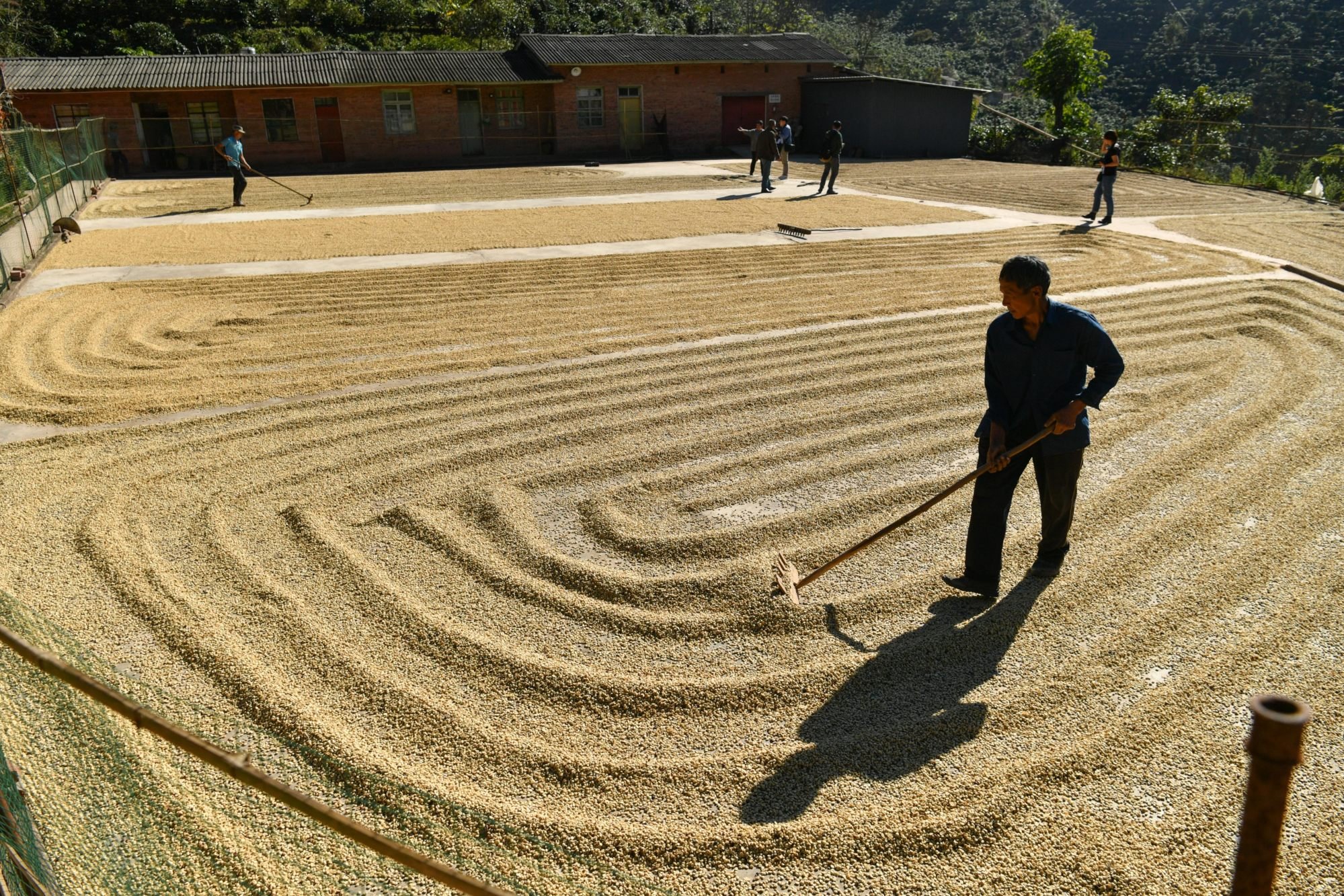
Ever more coffee is being grown in one of the most famous tea regions in the world. In 2020-21, China was the world’s ninth-largest producer of arabica – 99 per cent of which was grown in Pu’er – with growers producing 1.8 million 60kg bags, according to the US Department of Agriculture. Of this, 1.13 million bags, or 62.5 per cent, were exported.
This year, production is expected to hit 2 million 60kg bags, enough to match the domestic coffee consumption of Switzerland.
Coffee really does safeguard heart health and help you live longer
While China’s coffee industry may be relatively new on the international scene, it is more than a century old. French missionary Alfred Liétard is credited with introducing arabica coffee to Yunnan in the 19th century, at a Catholic mission in Zhukula, a village near the picturesque town of Dali.
Mass production did not begin until after the establishment of the People’s Republic of China, in 1949, when small, municipal level state-owned enterprises produced coffee to cater for demand within the Soviet Union.
Soviet researchers travelled to Yunnan municipalities such as Pu’er, then known as Simao, and neighbouring Baoshan, but owing more to turmoil in Mao Zedong’s China than in Russia, production fizzled out in the 1960s and ’70s.
In 1988, through a United Nations Development Programme with the Yunnan government, the World Bank and Nestlé, a more contemporary system emerged with increased investment in production and farmer training.
A rise in coffee prices in the ’90s prompted many growers in Yunnan to return to producing the beans. Most of these crops were bought by foreign companies such as Nestlé, which exported Yunnan beans to be included in commercial blends.
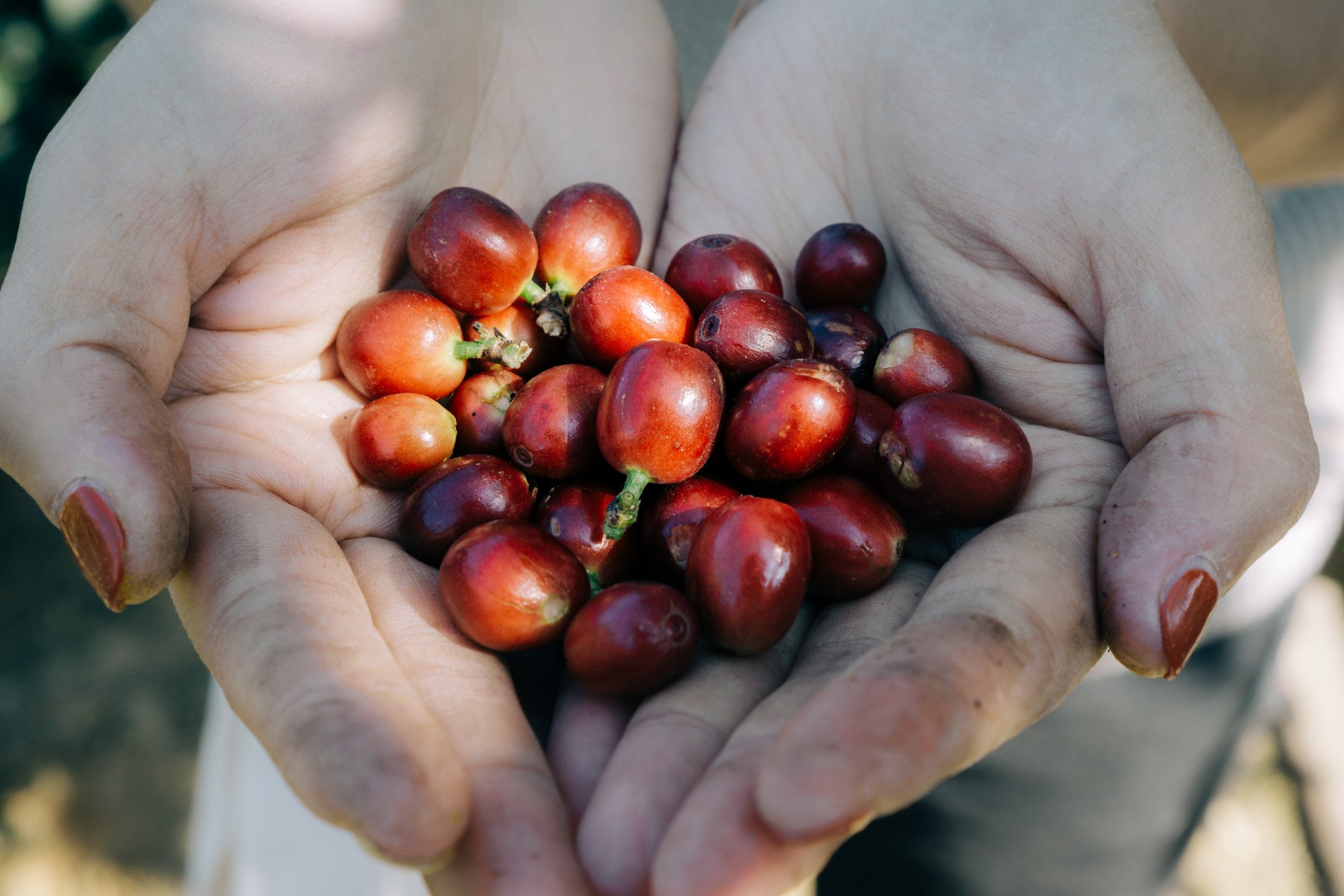
Fortuitously for the growers, in 1999, Starbucks entered the Chinese market, seeking out local growers – much as it would in India and other markets – and by 2007, it had partnered specifically with Yunnan farmer collectives.
The majority of Yunnan’s coffee is still commercial-grade, produced for export. According to Reuters, owing to its cheap price, most of it ends up being blended with coffee from other regions, which means many consumers don’t know about Yunnan coffee even when it’s in their morning mugs.
The China Daily newspaper reported in 2019 that roughly half of Yunnan’s exported coffee goes to the European Union – the world’s largest coffee market, which consumed 32.5 per cent of all coffee produced in 2020-21 – with bags able to travel by train from Yunnan to Rotterdam, in the Netherlands, in 15 days.
Slowly but surely, China is waking up and smelling the coffee
For large-volume commercial roasters, China isn’t a saleable brand in most markets. If Chinese and Brazilian coffees are placed side by side on a grocery-store shelf, even if the Chinese product is better quality than the Brazilian one, it is likely to be harder to sell in most countries.
But since the early 2010s, a smaller, single-origin, more artisanal industry has been growing alongside the commercial crop.
Yunnan Coffee Traders, a company that partners with local farmers to export speciality coffees, and that monitors quality from farm to cup, says the first large-scale export of Yunnan speciality coffee was in 2015, through a partnership between itself, Manghang Farms and Pablo & Rusty’s, an Australian speciality coffee roaster.
It was truly stunning coffee, with tasting notes of strawberry jam and watermelon bubblegum. The response we had was tremendousGirls Who Grind Coffee co-founder Casey LaLonde on their Yunnan coffee
In a universal rating system developed by the Specialty Coffee Association of America, coffee can be scored on a 100-point scale, and must receive a score of 80 or more to be considered speciality grade.
Larger companies, such as Swiss-based global coffee commodity trader Sucafina and American coffee roaster La Colombe, have done their assessments, and offer Yunnan-sourced speciality coffees.
Since the big companies rated Yunnan’s high-end products as speciality grade, smaller roasters have been getting in on the act, including Super Joy Coffee, in Portland.
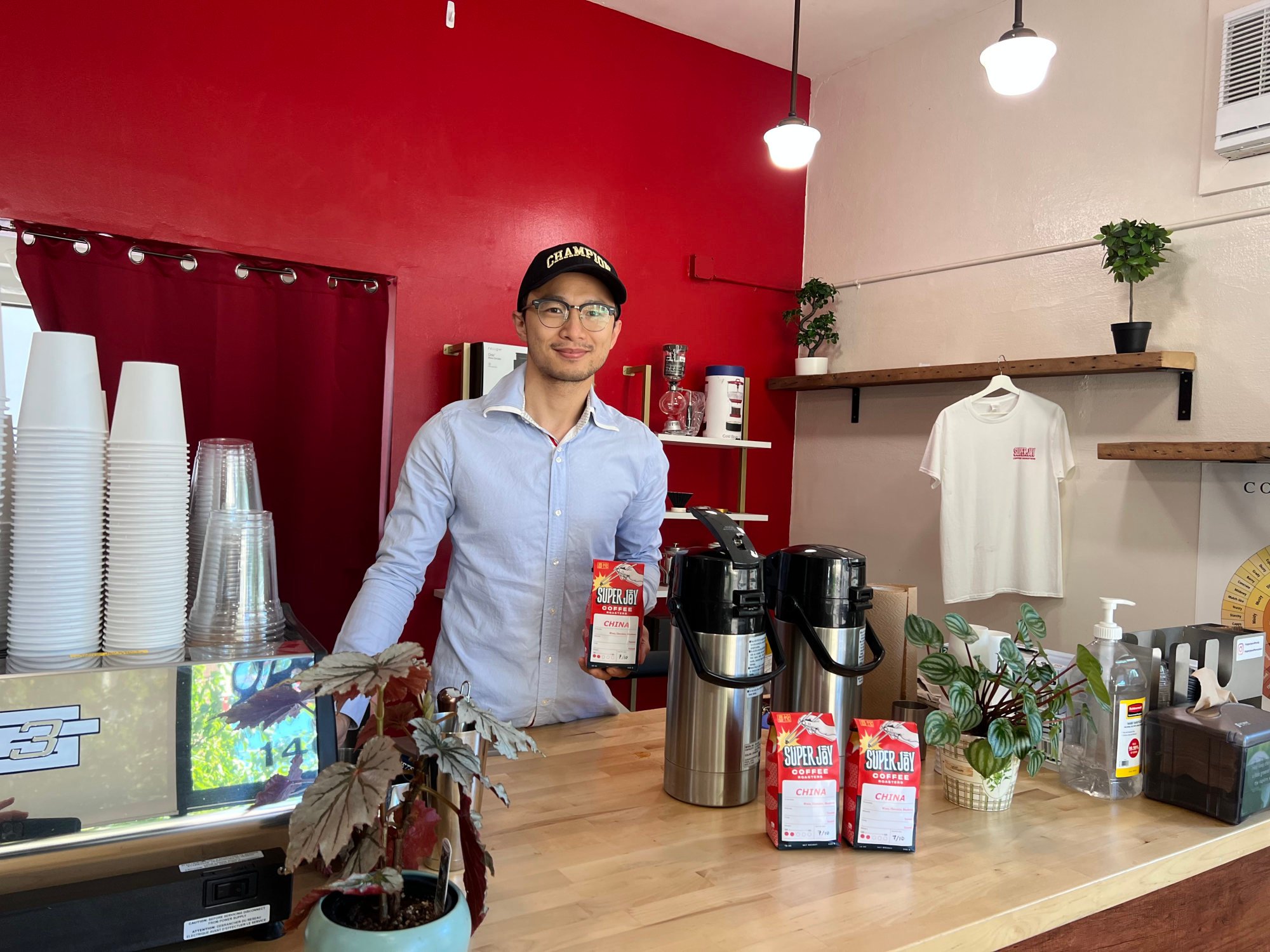
“For the first two years of my coffee shop, I think most people just bought coffee from Yunnan because they’d never tried it before,” says Super Joy’s Yang, a roasting finalist in the 2020 US Coffee Championships. But he adds, “recently, I feel we’ve got a lot of customers who’ve come back and asked for coffee from China.”
Importing coffees from Yunnan for their “unique flavour and body”, Yang says he now roasts twice as many beans from Yunnan as from any other region. He uses only naturally processed beans that have been sun-dried, washed and processed without the use of machinery.
Like wine, different coffees possess unique flavour notes, depending on the variety of the bean, where it was grown and how it was processed and roasted, as well as the brewing method.
Do we really need so many trendy coffee shops in Hong Kong?
Nearly halfway around the world, in southern England, another small-scale coffee roaster has been championing Yunnan coffee. Girls Who Grind Coffee co-founder Casey LaLonde says, to date, her roastery has sold more than 300kg of naturally processed speciality coffee from a mother-and-daughter-operated farm in Xingang, Menglian, Yunnan.
“It was truly stunning coffee, with tasting notes of strawberry jam and watermelon bubblegum. The response we had was tremendous,” LaLonde says. “We still have people coming up to us at events saying [the Yunnan coffee is] their all-time favourite.
“The speciality industry is aware of the quality of coffee coming out of Yunnan and we’re seeing more and more of it around,” she says. “Customers are interested not only because coffee from China is still a novelty, but because it’s quickly gaining a reputation for amazing quality.”
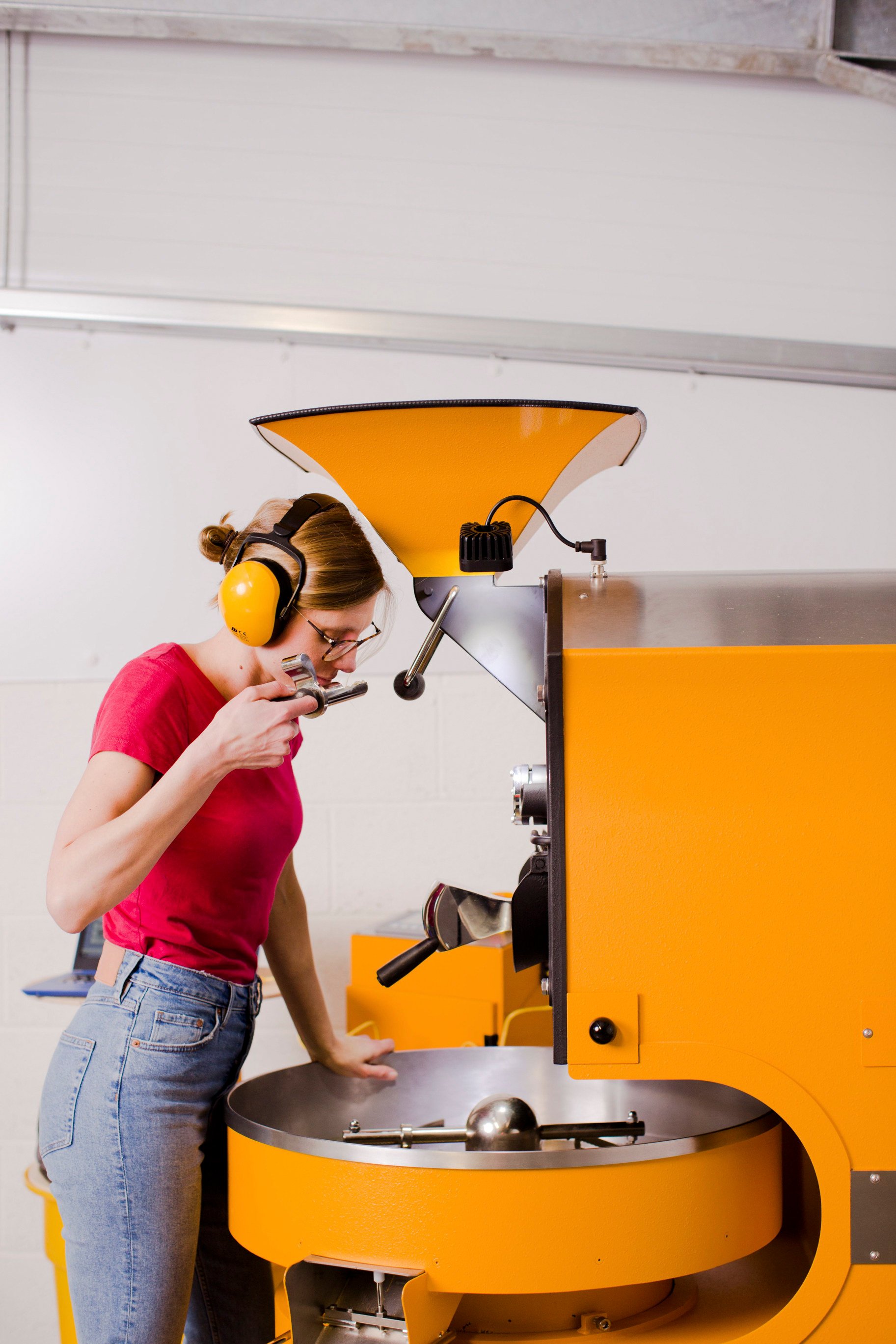
And this goes for domestic markets as well.
Of the 1.75 per cent of the world’s arabica coffee produced in Yunnan in 2020-21, roughly a third stayed in the country. China’s coffee consumption has grown steadily and, while nationally the average per capita consumption is just nine cups a year, individuals in China’s tier-one and tier-two cities consume 326 and 261 cups per year, respectively.
Chinese consumers no longer view coffee as a foreign luxury and are starting to develop a taste for higher quality.
In Yunnan, Torch Coffee offers training for coffee farmers, roasters, cafe owners and baristas to improve the production and quality of the province’s speciality coffee. Co-founder Marty Pollack has worked in China since 2008, having lived in Qinghai province and Yunnan.
Hong Kong’s cafe bars step up with coffee-infused cocktails
“Both qualitatively and from a price perspective on the international market, Yunnan coffee can be competitive,” says Pollack. “However, for us, we have more demand for export than we are willing and able to fulfil every year because we can sell the same coffee for the same price, if not a higher one, in China.
“I don’t think Yunnan will become a staple at speciality shops around the world any time soon, because it’s already become a staple of coffee shops in China.”
In 2008, Yang worked at a coffee shop in New Zealand while studying there on a one-year exchange programme. Recalling those days, he says, “I tried some coffee from Yunnan and it was horrible. [But in the early 2010s], more international organisations went to Yunnan to help farmers and the government improve their agriculture techniques and processes.
“Since then, we’ve seen some farms produce good coffee.”

Almost unfair to other regions in its agricultural fecundity, the legendary tea region of Pu’er is now considered Yunnan’s “coffee capital”, and its surrounding region produces 60 per cent of coffee in the province.
This year Xinhua reported that more than 28,500 hectares of Yunnan’s coffee-growing land had been certified organic by Nestlé, Starbucks, the Rainforest Alliance and others, and multiple exporters of premium coffee had received speciality cupping scores.
Sucafina offers Yunnan coffee that scores 80 to 81 on the SCA scale; the Yunnan Coffee Traders have offered coffee at 82 and 84 points; and industry magazine Perfect Daily Grind reports that some Yunnan coffees are scoring in the upper 80s – and can be produced in large volumes at that.
Farmers in the region primarily grow the Catimor variety of arabica coffee, with smaller productions of Typica, Bourbon, Caturra and other varieties. Nestlé originally introduced Catimor plants into the region as a leaf-rust resistant, hardier variety. However, the variety has a mixed reputation among speciality coffee professionals regarding its quality.
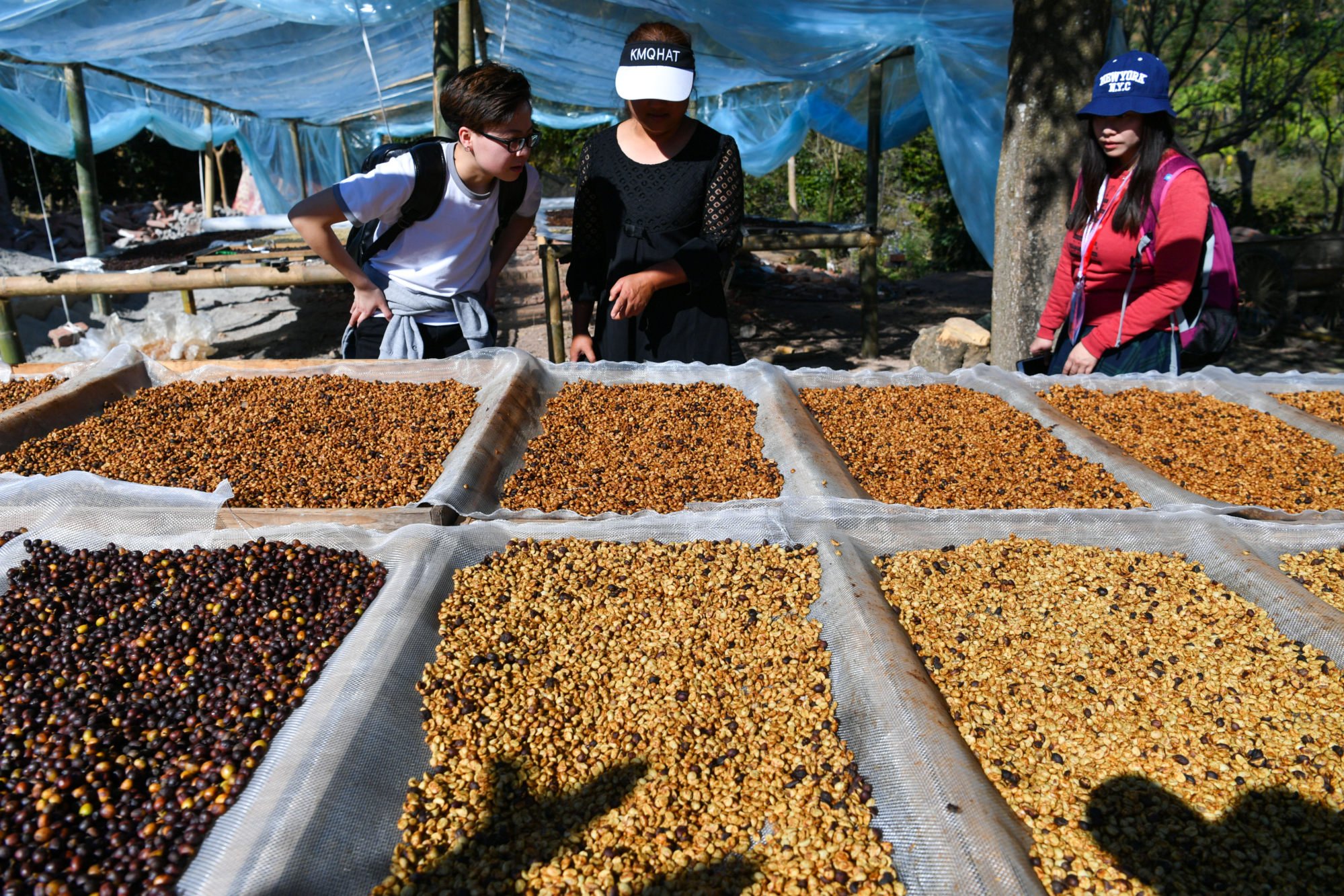
While living in the US, Yang has attended the Specialty Coffee Expo, partnering with the Yunnan Coffee Exchange to promote the region’s coffee.
“The quality is getting better and better,” he says. “I get a sample each year since I’ve come to the United States, and each year’s quality has improved.”
But despite the increase in quality, Torch’s Pollack feels that Yunnan coffee is still some way from achieving the brand recognition of, say, Colombia, Brazil, or even Guatemala.
“It’s because ‘Made in China’ is still not a strong value proposition for most consumers,” he says. “I see that slowly changing, but that’s not a quick thing to shift.”

